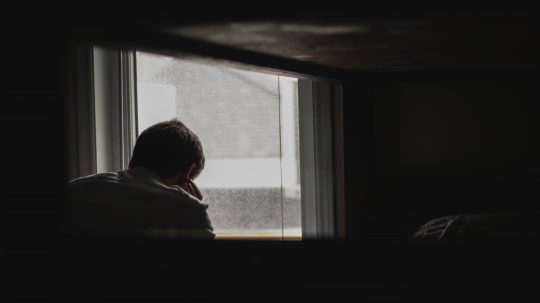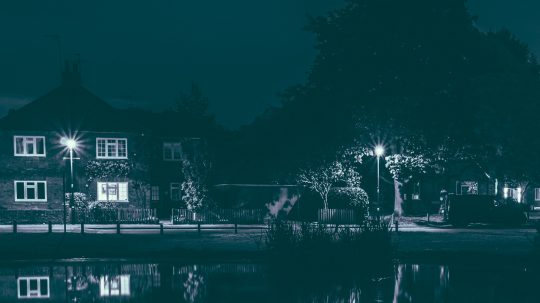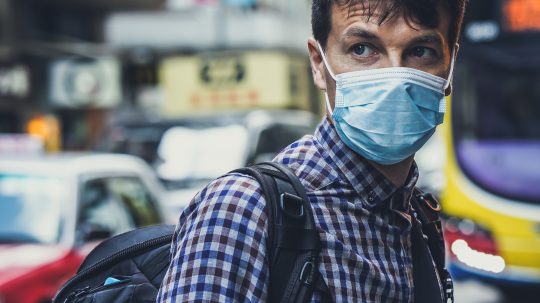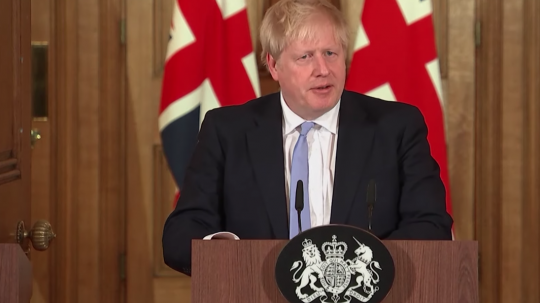The UK government has gained “unprecedented powers” in its bid to curb the coronavirus pandemic.
The Emergency Coronavirus Act grants police, immigration officers and public health officials new powers to detain “potentially infectious persons” and put them in isolation facilities.
It will also enable the government to prohibit and restrict gatherings and public events for the purpose of curbing the spread of Covid-19.
The 329-page Bill became law on Wednesday (25 March) after passing through Parliament in just three days without opposition MPs forcing any votes and without amendment from the Lords.
It will last for two years but the government agreed that Parliament should debate and vote on the act every six months.
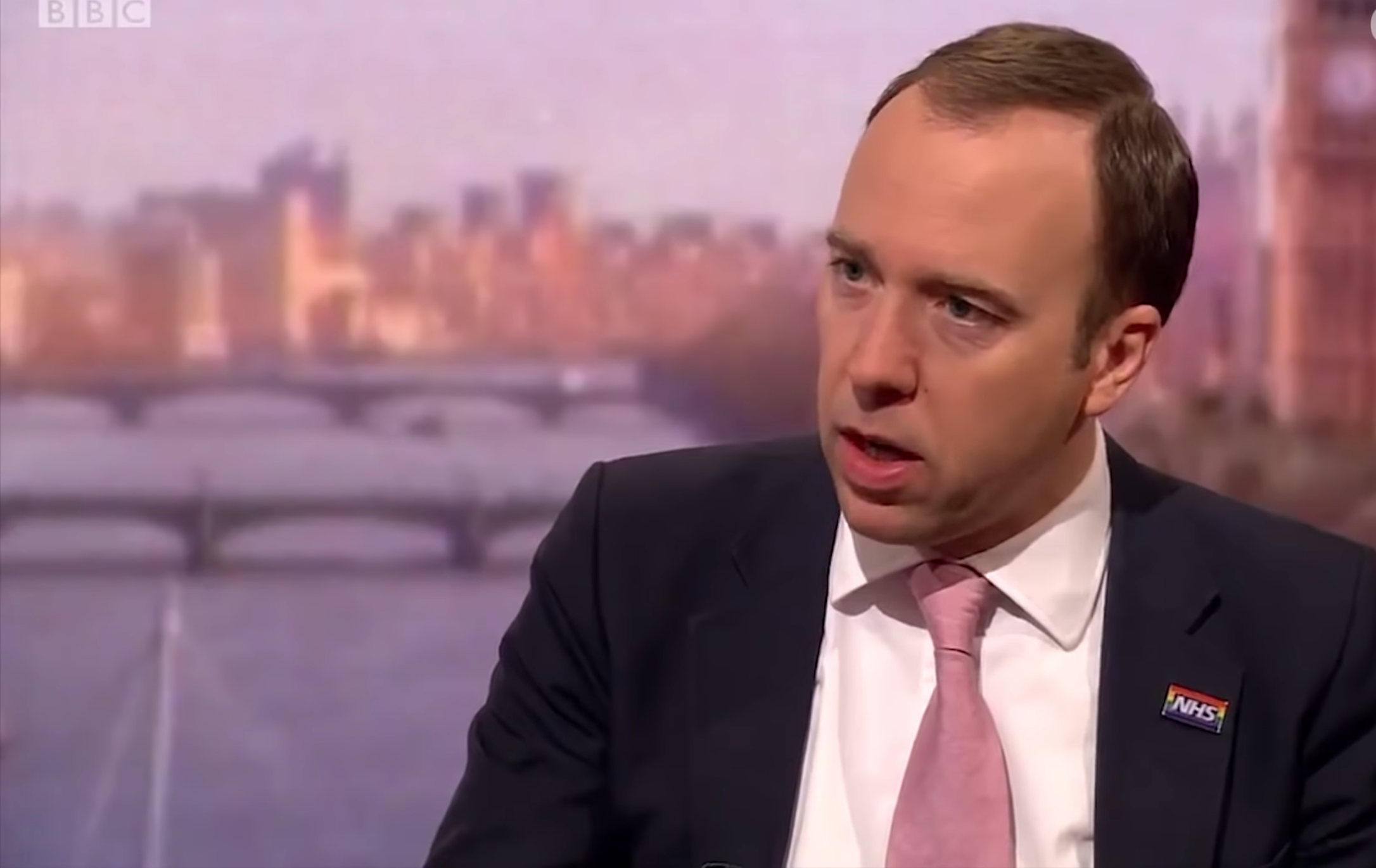
Matt Hancock. Credit: YouTube/BBC
Health secretary Matt Hancock has said that the Act gives “the government the powers it needs to protect lives”. He added that new measures “will only be used when it is absolutely necessary and must be timed to maximise their effectiveness”.
Latest figures indicate that 465 people in the UK have died from Covid-19, while more than 9,500 have tested positive for the virus.
Our right to life is protected by Article 2 of the Convention of Human Rights. This places a positive obligation on the government to take action to protect us from Covid-19, especially those most vulnerable to it.
To this end, the government is set to place restrictions on our rights to liberty, privacy and to protest, among others.
Civil liberties group Big Brother Watch has described the Act as containing the “most draconian powers in peace-time Britain”.
While Amnesty International has warned that “emergency powers can sometimes be misused, and this must not give a green light to trample on our basic human rights and liberties”.
EachOther has put together this rundown of the main ways the Act appears to impact our rights – although more details will certainly emerge as the situation develops.
Detaining ‘Infectious Persons’
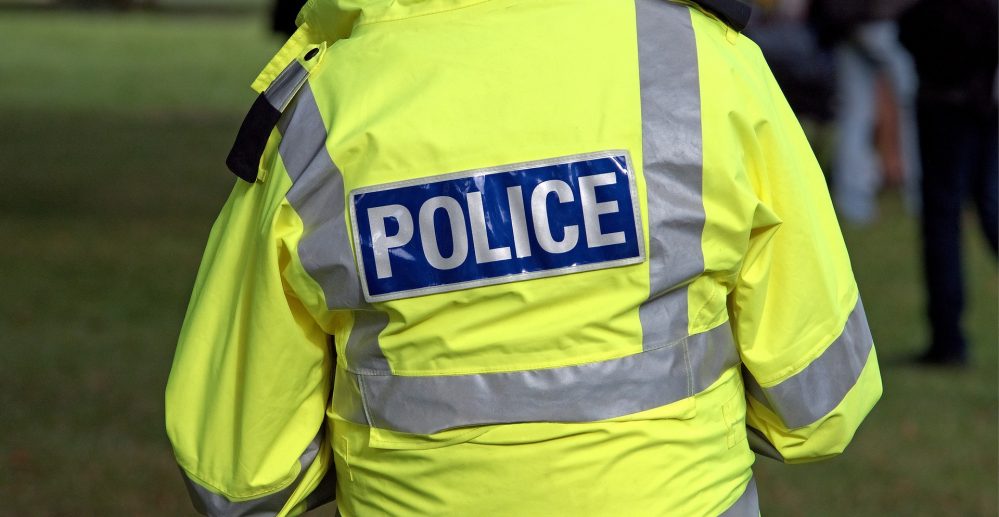
Credit: Pixabay
The perhaps most controversial aspect of the Act is the powers it grants police, immigration officers and public health officials to arrest people deemed infectious. They can then be placed in isolation and sent to be tested. People who fail to do so can be fined up to £1,000.
A “potentially infectious” person is defined as someone who “is, or may be, infected with coronavirus” or who has been in “an infected area within 14 days”.
This provision impacts on our right to liberty – protected by Article 5 of the Convention of Human Rights. However this is a qualified right that public authorities can take proportionate steps to interfere with to protect public health.
The European Court of Human Rights has said that a person can lawfully be detained to prevent the spread of disease when it is clear there is:
- a danger to public health or safety
- detention is a last resort
- less severe measures proved insufficient
The government already has some powers to this effect from the Public Health (Control of Disease) Act 1984. This includes quarantine, detention and compulsory medical examination although there is stricter time-limits for their use.
The Coronavirus Act could also restrict our movement in other ways, allowing the government to shut down airports and ports. This could have a knock-on effect on our right to a family life – with loved ones unable to see each other. But, again, the right to family life can be interfered with to protect public health.
Prohibition of events and gatherings
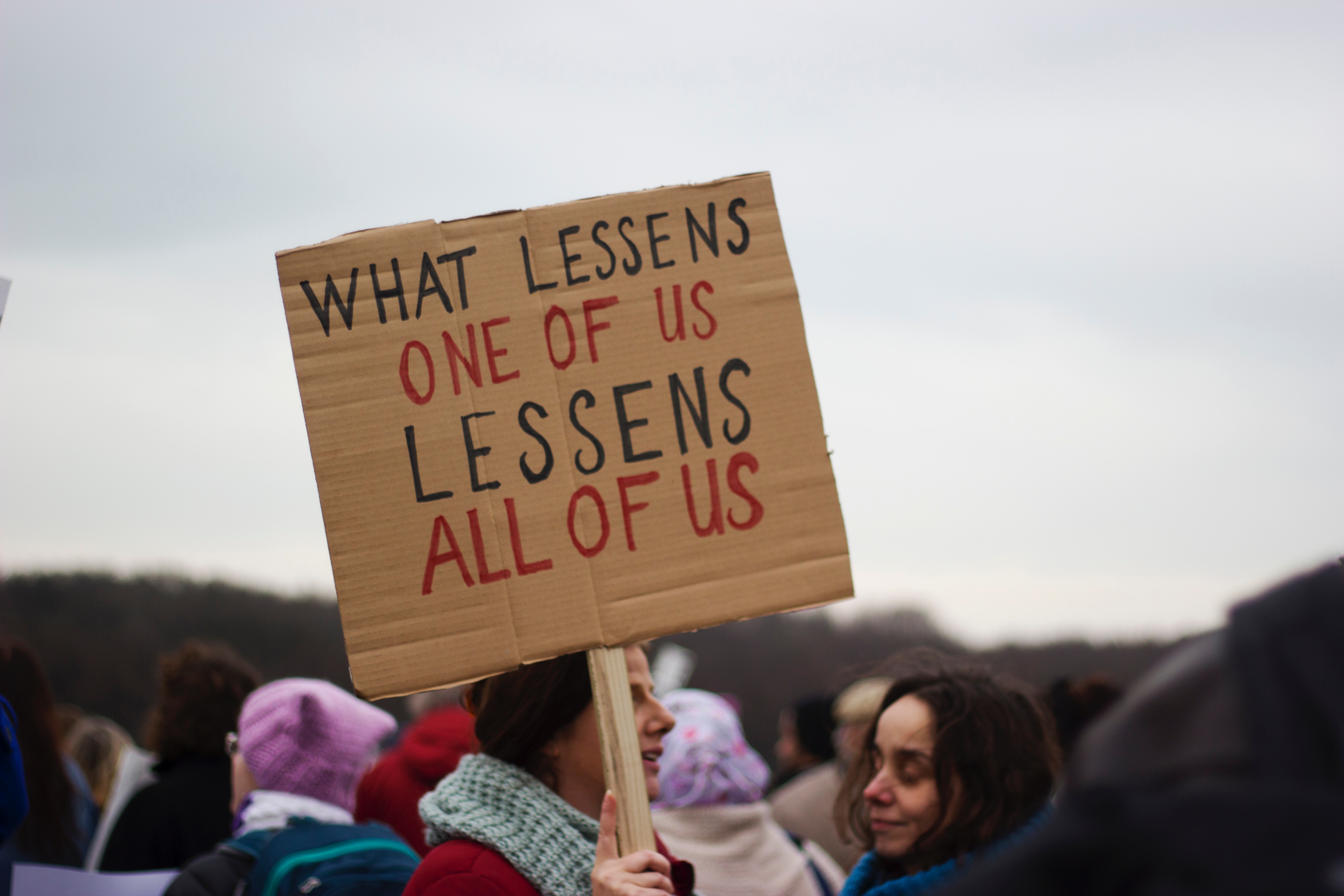
A protestor holds a sign saying “what lessens one of us, lessens all of us”. Image Credit: Unsplash
The Act also permits the government to prohibit public events and gatherings to curb the spread of the disease.
However, it does not contain safeguards for strikes and industrial action which exist in the Civil Contingencies Act 2004 – a law which sets out the powers the government has in large scale emergencies.
This could have significant implications for political protest, protected by our rights to freedom of expression and freedom of assembly.
This is particularly important in light of the economic fallout which has resulted from the coronavirus pandemic. Many workers are facing widespread job cuts and vast swathes of the population are now forced to live on statutory sick pay of £94.25 a week.
The rights to freedom of assembly and expression are also qualified. A government can take proportionate steps to curtail them to protect public health.
Mass surveillance powers

Big Brother Watch has warned that the Act appears to “weaken safeguards on mass surveillance powers” – which would impact on our right to privacy and data rights.
It makes provisions for the government to appoint “temporary judicial commissioners,” who oversee the surveillance activity of intelligence agencies.
It also increases the time limit for which urgent warrants for surveillance must be reviewed from three days to 12.
The government has said that this is “critical” for “national security” – perhaps anticipating that public unrest could result from prolonged isolation.
Public authorities can take proportionate steps to interfere in our right to privacy if necessary to protect national security. While Hancock has highlighted that the GDPR has a clause excepting work which is in the overwhelming public interest.
1/2: Public information: GDPR does not inhibit use of data for coronavirus response. GDPR has a clause excepting work in the overwhelming public interest. No one should constrain work on responding to coronavirus due to data protection laws.
— Matt Hancock (@MattHancock) March 18, 2020
It will be important to have transparency on how temporary judicial commissioners are appointed and how independent they are.
Adult social care
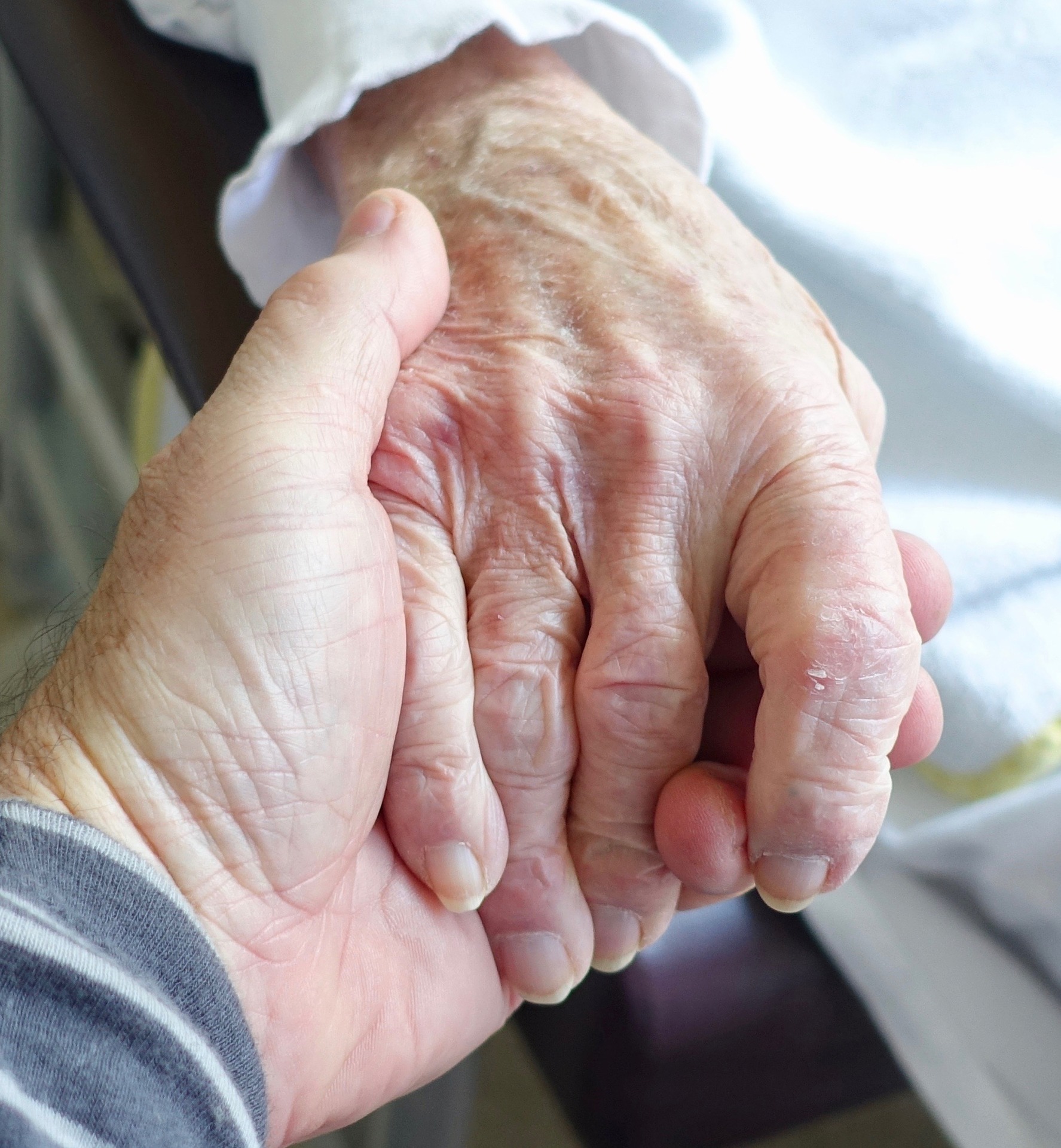
Credit: Pixabay
The Act temporarily suspends local authorities’ legal duty to meet the care needs of all people who are eligible under the Care Act 2014.
Instead, councils will have a duty to provide care only if necessary to avoid breaching a person’s rights under the Convention of Human Rights (ECHR).
Labour’s shadow health secretary, John Ashworth, has warned that this change “downgrades” the level of support which local authorities are legally obliged to provide older and disabled people.
“In short, this means they will only be entitled to social care to keep them alive and uphold their right to privacy and family live,” Ashworth said.
He called for the Equality and Human Rights Commission (EHRC) to be tasked with overseeing the impact this has on social care provision.
There is no human right to social care under the Convention of Human Rights – but there are relevant rights such as the rights to life, privacy and the right not to be discriminated against.
The right to have access to “in-home, residential and other community support services” is protected by the UN Convention of the Rights of Persons with Disabilities. But this has not been enshrined in domestic law and so cannot be enforced in UK courts.
Mental Health Act
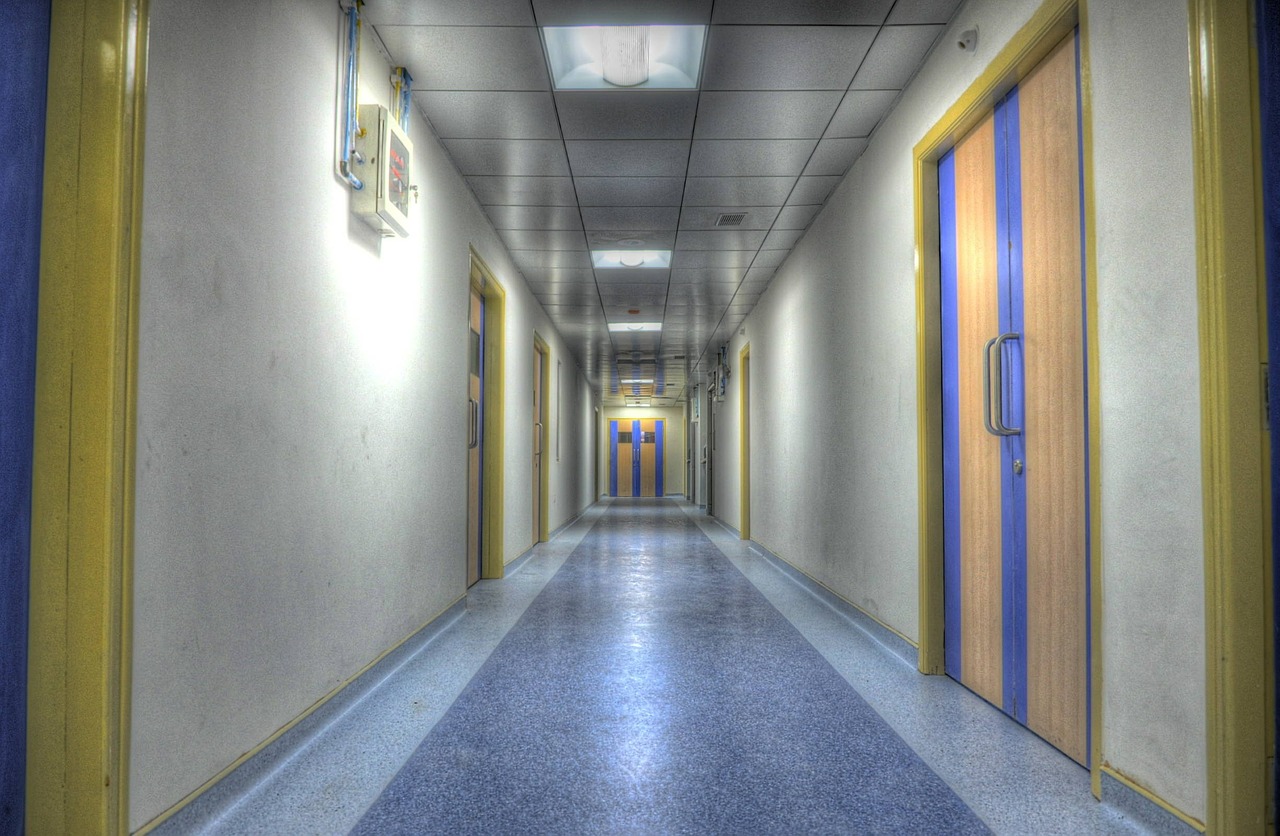
The Act also weakens safeguards for detaining people under the Mental Health Act 1983, according to the British Institute of Human Rights (BIHR).
Only one doctor will be needed to sign off whether a person is sectioned – where currently there must be two.
The Act also allows for “the extension and removal of time limits in mental health legislations”.
“This means that people may be released into the community early (without the right support) or find themselves detained for longer than necessary,” the BIHR has warned.
Retired healthcare workers
As was anticipated, the Act makes it possible for retired health workers to be brought back into the workforce to help the NHS cope with the pressures of the coronavirus response.
These workers are likely to be older and so more vulnerable to the virus. There will be concerns about their safety if deployed on the frontlines.
It is argued that the right to life (Article 2) obliges the government to plan effectively to protect the lives of its NHS personnel. This is especially significant amid reports of medical staff lacking adequate face masks and personal protective equipment.
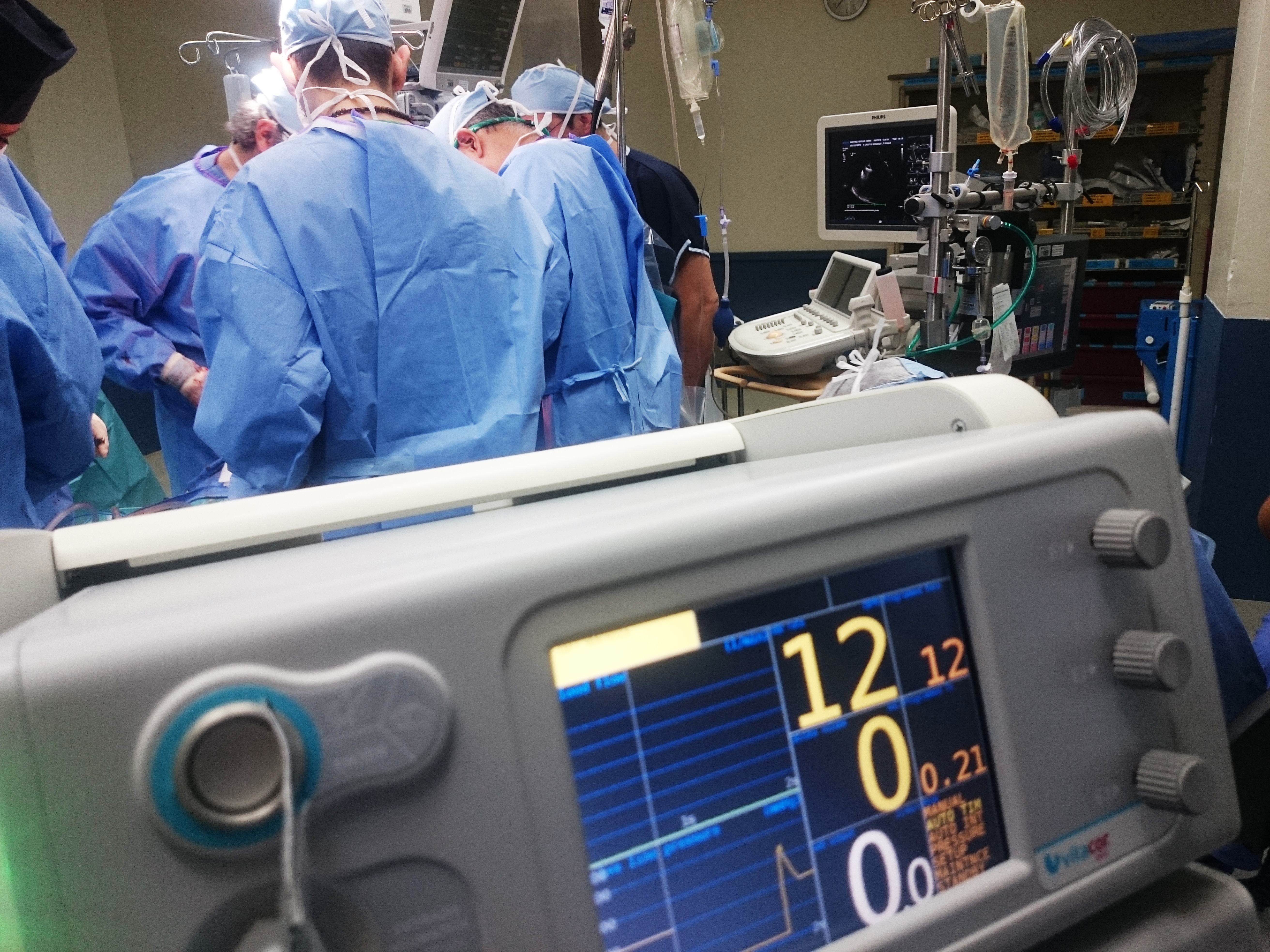
Credit: Unsplash.
Inquests
The Act enables coroners to hold an inquest without a jury where a person’s cause of death is listed as Covid-19.
This appears logical given the practical difficulty of physically bringing a jury together amid official guidance that people should maintain “social distancing” – avoiding crowds and working from home – and self-isolate if they present any symptoms.
The Convention of Human Rights requires the government to carry out a full investigation into any death where there is arguable state complicity.
This will be a complex challenge if the pandemic results in the thousands of deaths predicted.
Duration
The government has agreed that Parliament should review the Emergency Coronavirus Bill every six months.
It came after MPs and human rights groups warned that the Act’s two-year timeframe could result in powers being abused by the government.
Labour MP Chris Bryant has highlighted that a similar piece of legislation called the Civil Contingencies Act – which also outlines government powers during an emergency – must be renewed by Parliament every 28-days.
I can tell you now, this is the greatest emergency we’ve faced for many years, but I’m not voting for draconian emergency measures that last two years unless they require regular renewal by parliament. The Civil Contingencies Bill requires renewal every 28 days.
— Chris Bryant (@RhonddaBryant) March 18, 2020
It is unclear at this time how long the Covid-19 pandemic will last. A Public Health England document leaked to the Guardian suggests that the outbreak could continue until spring next year.
A final note
Parliament’s Joint Human on Rights Committee has announced it will scrutinise the government’s Covid-19 response.
Chairwoman Harriet Harman MP said: “Times of national crisis call for strong and decisive leadership.
“However, at this time, it is also vitally important that checks and balances are in place to ensure that human rights are not disregarded, and that people remain fully protected under the law.”
- You can submit evidence to be considered by the committee here.
Adam Wagner, chairman and founder of EachOther, has been appointed a special advisor to the joint committee of human rights committee. He played no role in writing this article.


